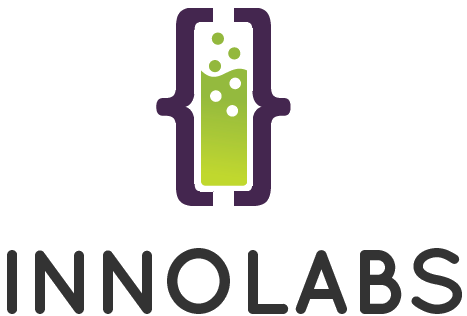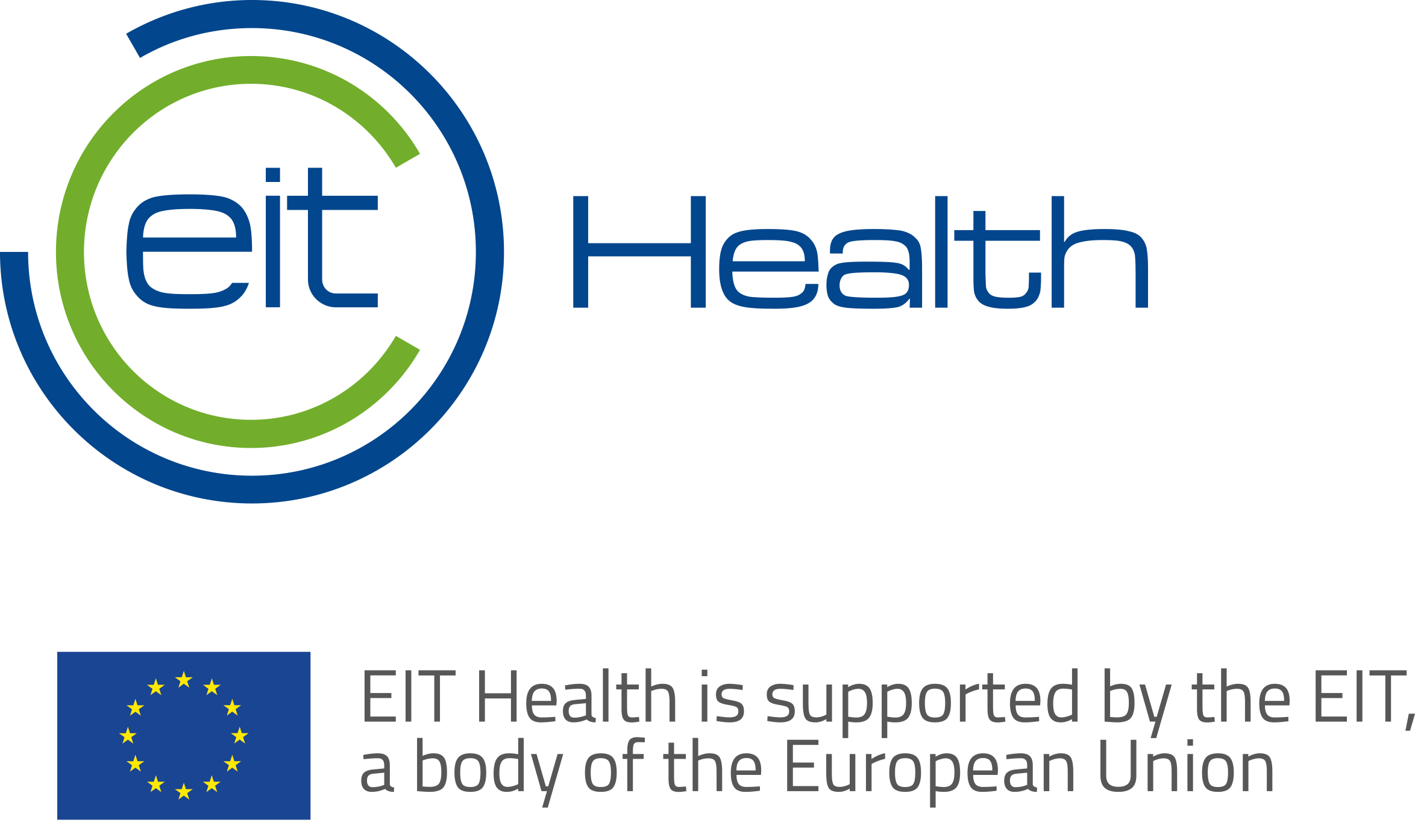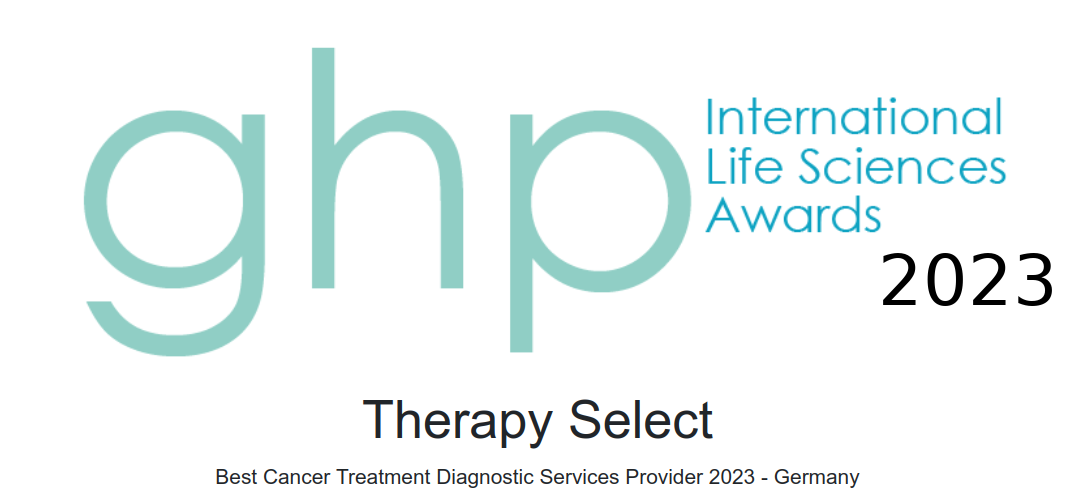
What types of tumor can be tested by the CTR-Test®?
The CTR-Test® is applicable to all types of tumors. The only exceptions are lymphoma and leukemia. Testing of these types of cancer is generally possible, but the system is not yet validated for them.
See also: Area of Application
What kind of tumor specimen can be used for the CTR-Test®?
The CTR-Test® uses living cells. Therefore, surgery or biopsy in order to remove firm tissue or puncture in order to obtain malignant effusion have to take place.
Specimen, which have been archived at the pathology (formalin fixed, paraffin embedded or shock-frozen in liquid nitrogen), are not suitable for the CTR-Test® because those samples do not contain any living cells.
See also: Specimen Collection
How accurate is the CTR-Test®?
If the CTR-Test® uncovered resistance of tumor cells to a certain drug, it was also observed in more than 95% of patients.
What Benefits Does the CTR-Test® Have Compared to Other Tests?
The results of the CTR-Test® are used to decide how likely a specific chemotherapeutic agent will be ineffective against a tumor disease.
Different aliquots of tumor cells are exposed to a number of chemotherapeutic agents. The CTR-Test® then uses 3H-thymidine incorporation into the DNA to determine the growth rate of the cells.
In contrast to other functional in vitro assays, such as the MTT-Test or ATP-Test, the signal of thymidine incorporation in cultivated cells is a specific indicator for determining cell growth rates. It is therefore suitable for observing the inhibition of tumor cell growth through certain agents. Other tests examine the metabolic activity of the total cell population, which is not as specific because it also includes non-dividing or dying non-tumor cells.
Which drugs can be tested by the CTR-Test®?
The CTR-Test® is currently validated for the follwing substances (names of the substances without trade name): Actinomycin D, Bleomycin, Capecitabine, Carboplatin, Carmustin, Cisplatin, Cyclophosphamide, Cytarabine, Dacarbazin, Docetaxel, Doxorubicin, Doxorubicin (liposomal), Epirubicine, Etoposide, Floxuridin, Fluorouracil (5-FU), Gemcitabine, Ifosfamide, Imatinib, Irinotecan, Melphalan, Mitomycin C, Mitoxantron, Oxaliplatin, Paclitaxel, Tamoxifen, Temozolomide, Topotecan, Trabectedin, Treosulfan, Vinblastine, Vincristine, Vinorelbine.
See also: Drug Selection
Will the CTR-Test® be available for additional drugs in the future?
A drug has to be validated using a statistically significant number of tumor specimen, before it can be examined by the CTR-Test®. At first, the concentration, which will be used for testing, has to be determined. Secondly, resistance categories have to be defined on the basis of additional tumor specimen.
TherapySelect currently focusses on testing new, targeted drugs. After they are successfully validated they will be included in the range of drugs.
If you have any questions regarding specific drugs, please do not hesitate to email (kontakt@therapyselect.de) or call us (+49-6221-8936-152).
See also: Expansion of testable drugs
Why does the CTR-Test® not recommend a cytostatic agent to me?
The CTR-Test® provides information about the resistance of a tumor to various cytostatic agents. The predictions are more than 95% accurate. The CTR-Test® therefore represents an exclusion procedure. However, the probablity that a drug responds well is significantly increased, if only potentially effective drugs (which were categorized as slightly resistant (SR) in the test result) are administered.
Predicting, which drugs will be effective for a patient, is more difficult. No current testing procedure is able to simulate every possible mechanism of resistance. Thus, drugs which were effective during the test do not necessarily have to be effective in the patient.
An example for a resistance mechanism is the ability to detoxify. This is different for every patient and could cause drugs to be removed from patient's body before they can become fully active. It seems as if the drugs are ineffective.
How long does it take until the result is finished?
The CTR-Test® takes about 7-9 days after specimen arrived at the laboratory. The result is sent via mail or – if you wish – also via fax or as a password protected attachment of an email.
Who carries out the CTR-Test®?
The CTR-Test® is exclusively carried out in the laboratory of TherapySelect in Heidelberg (Germany).
How much does the CTR-Test® cost?
The CTR-Test® costs 1995.00 EUR for testing up to 7 drugs (single agents or combinations thereof). The extra cost for testing up to seven more drugs is 795.00 EUR.
Usually, resistance of up to 7 or up to 14 drugs is examined. The treating physician determines, which drugs are therapeutically appropriate. The number of tested drugs also depends on the amount of sent in specimen.
See also: Costs
Do health care providers cover the costs of the CTR-Test®?
Private health care companies usually reimburse the costs completely or partly. Statutory health insurance companies currently only reimburse the costs in individual cases. For that, it is mandatory to submit a request for reimbursement in your individual case to your health care provider before the test is carried out. In the worst case, patients have to bear the costs all by themselves.
See also: Reimbursement



